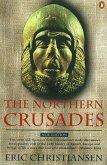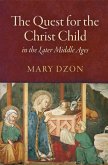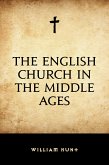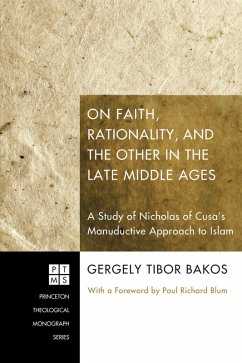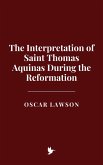In addition to focusing on the religious and theological shifts, the book highlights the role of universities in shaping reformist ideas, with figures such as Erasmus providing the intellectual underpinnings for the Reformation. The rise of political movements, national identities, and the growing disillusionment with the papacy are explored, particularly in Germany and Switzerland, where the Reformation gained traction. The work of the Catholic Church in response, known as the Catholic or Counter-Reformation, is examined in depth, emphasizing the reforms initiated by the Council of Trent, the rise of the Jesuit order, and the role of art and mysticism in reaffirming Catholicism.
This book provides a comprehensive look at the forces that led to the Reformation, both internal and external to the Church, offering a nuanced understanding of how the theological, political, and social changes of the time shaped the modern religious and political landscape. It serves as a critical resource for understanding the complex interplay of religion, power, and intellectual thought that defined one of the most transformative periods in Western history.
Dieser Download kann aus rechtlichen Gründen nur mit Rechnungsadresse in A, B, CY, CZ, D, DK, EW, E, FIN, F, GR, H, IRL, I, LT, L, LR, M, NL, PL, P, R, S, SLO, SK ausgeliefert werden.



